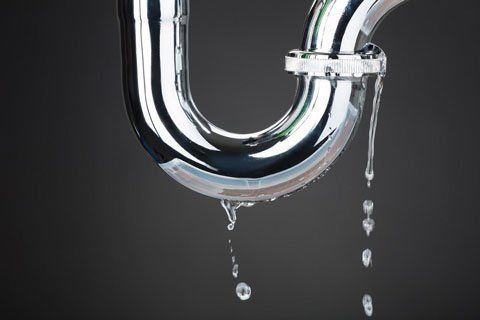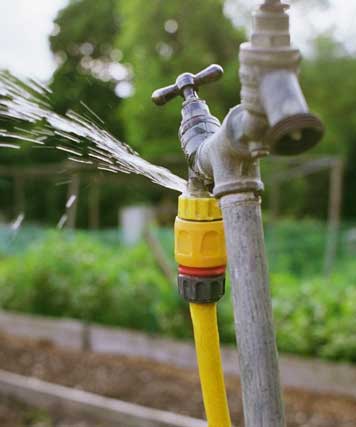Every person has their unique assumption on the subject of Locating water leaks.

Early discovery of dripping water lines can reduce a prospective catastrophe. Some small water leaks may not be noticeable.
1. Examine the Water Meter
Examining it is a guaranteed way that aids you find leakages. If it relocates, that suggests a fast-moving leak. This indicates you might have a sluggish leakage that can even be underground.
2. Examine Water Consumption
Examine your water costs and track your water intake. As the one paying it, you ought to see if there are any kind of inconsistencies. If you detect sudden changes, in spite of your intake coinciding, it implies that you have leaks in your plumbing system. Keep in mind, your water expense must drop under the exact same variety each month. An unexpected spike in your bill indicates a fast-moving leakage.
A constant boost every month, also with the same routines, reveals you have a sluggish leakage that's also slowly rising. Call a plumber to thoroughly check your residential property, especially if you feel a warm location on your floor with piping beneath.
3. Do a Food Coloring Examination
30% comes from toilets when it comes to water consumption. Examination to see if they are running properly. Decline flecks of food color in the tank and wait 10 mins. There's a leak between the tank and also dish if the shade somehow infiltrates your bowl throughout that time without flushing.
4. Asses Outside Lines
Don't fail to remember to inspect your outside water lines as well. Must water seep out of the connection, you have a loosened rubber gasket. One tiny leakage can throw away lots of water and also surge your water bill.
5. Analyze the situation as well as inspect
Home owners ought to make it a behavior to check under the sink counters as well as also inside cabinets for any type of bad odor or mold and mildew development. These two red flags suggest a leakage so punctual attention is required. Doing regular assessments, also bi-annually, can save you from a major issue.
If you understand your residence is currently old, maintain a careful eye on your heating systems, pipes, pipes and so on. Look for stainings as well as deteriorating as the majority of home appliances and pipelines have a life span. They will certainly additionally naturally weaken due to tear as well as wear. Do not wait for it to intensify if you suspect leaking water lines in your plumbing system. Call a specialist plumber right away so you do not end up with a dreadful mess in your home.
Early detection of leaking water lines can reduce a prospective catastrophe. Some little water leakages might not be noticeable. Checking it is a guaranteed method that assists you find leaks. One tiny leak can waste lots of water and increase your water bill.
If you suspect dripping water lines in your plumbing system, do not wait for it to intensify.
WARNING SIGNS OF WATER LEAKAGE BEHIND THE WALL
PERSISTENT MUSTY ODORS
As water slowly drips from a leaky pipe inside the wall, flooring and sheetrock stay damp and develop an odor similar to wet cardboard. It generates a musty smell that can help you find hidden leaks.
MOLD IN UNUSUAL AREAS
Mold usually grows in wet areas like kitchens, baths and laundry rooms. If you spot the stuff on walls or baseboards in other rooms of the house, it’s a good indicator of undetected water leaks.
STAINS THAT GROW
When mold thrives around a leaky pipe, it sometimes takes hold on the inside surface of the affected wall. A growing stain on otherwise clean sheetrock is often your sign of a hidden plumbing problem.
PEELING OR BUBBLING WALLPAPER / PAINT
This clue is easy to miss in rooms that don’t get much use. When you see wallpaper separating along seams or paint bubbling or flaking off the wall, blame sheetrock that stays wet because of an undetected leak.
BUCKLED CEILINGS AND STAINED FLOORS
If ceilings or floors in bathrooms, kitchens or laundry areas develop structural problems, don’t rule out constant damp inside the walls. Wet sheetrock can affect adjacent framing, flooring and ceilings.
https://www.servicemasterbyzaba.com/blog/how-to-detect-water-leakage-in-walls/

I am just very interested by Locating water leaks and I'm hoping you enjoyed the entire article. Be sure to take a moment to promote this blog post if you enjoyed it. Thanks for going through it.
Expertise? One call away.